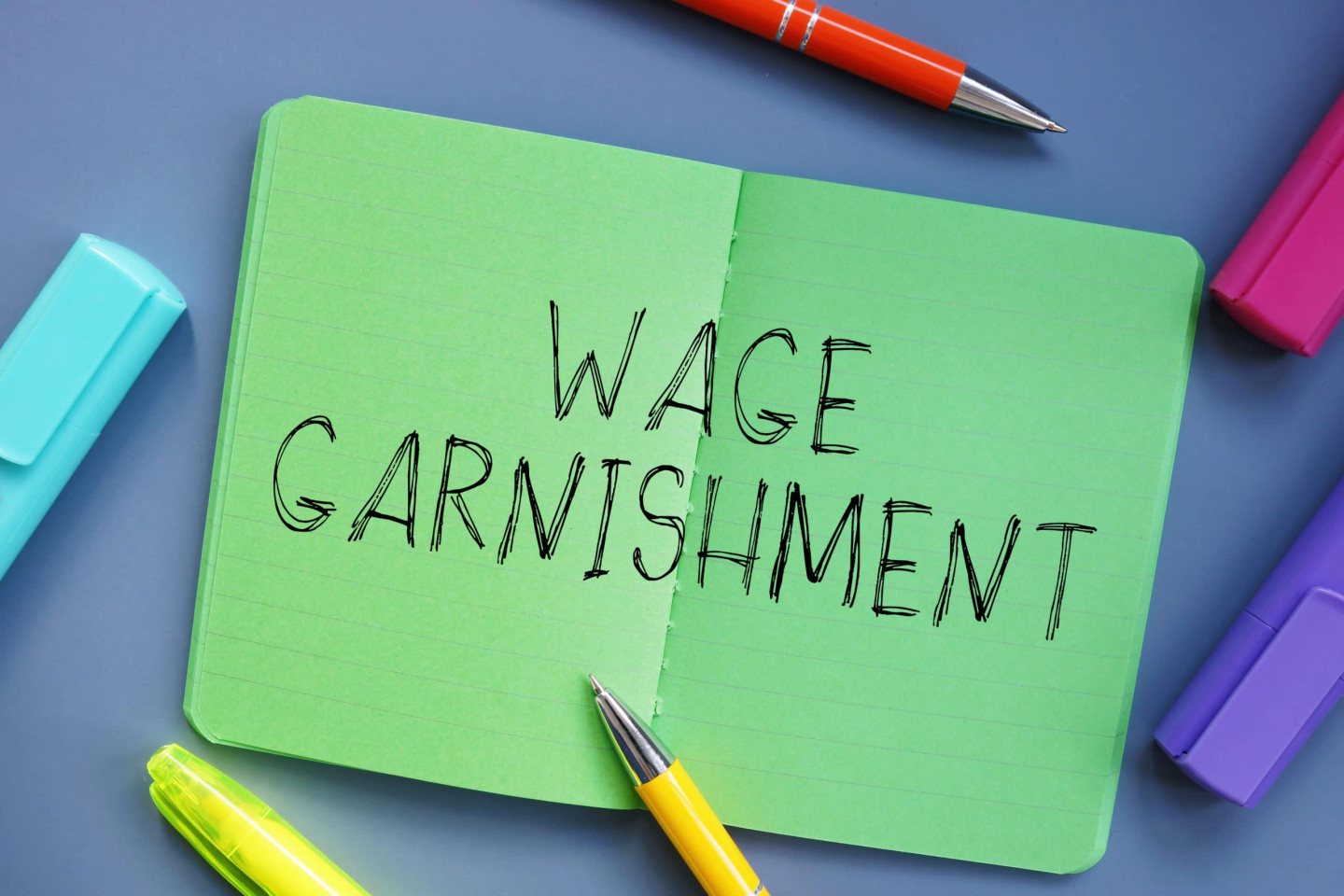In Michigan, employers are generally required to notify employees of wage garnishment actions. Wage garnishment is a legal process in which a portion of an employee's wages is withheld by their employer and sent to a creditor to satisfy a debt, such as unpaid child support, taxes, or a court-ordered judgment.
Here are some key points to understand regarding wage garnishment notifications in Michigan:
- Garnishment Order: When a court issues a garnishment order, it is typically served on the employer. The garnishment order specifies the amount to be withheld from the employee's wages and the creditor to whom the funds should be sent.
- Notice to Employee: Once the employer receives the garnishment order, they are generally required to provide notice to the affected employee. The notice should inform the employee of the garnishment, the amount being withheld, the creditor's name, and the employee's rights.
- Employee Rights: Michigan law provides certain protections and rights to employees facing wage garnishment. These rights may include the ability to contest the garnishment order or request an exemption if the employee believes that withholding the requested amount would cause financial hardship.
- Exemptions: Certain types of income, such as Social Security benefits, unemployment compensation, and certain pensions, may be exempt from wage garnishment under federal law. Employees should be aware of their rights and exemptions when facing garnishment.
- Compliance with the Garnishment Order: Employers must comply with the garnishment order by withholding the specified amount from the employee's wages and remitting those funds to the appropriate creditor as directed by the order.
- Recordkeeping: Employers are also typically required to maintain accurate records of wage garnishments and related notifications, as failure to comply with the garnishment order can result in penalties.
It's important for both employers and employees to be aware of their obligations and rights when it comes to wage garnishment in Michigan. Employers should ensure that they follow the legal requirements for providing notice to employees and withholding the appropriate amounts. Employees should be aware of their rights, including the ability to contest the garnishment or seek exemptions.
A Michigan wage garnishment lawyer from Reinert and Reinert can significantly turn the tide when you’re facing creditors. So, reach out to us as soon as you receive your notice of garnishment (or before!) We offer award winning representation. And, with us, you can file for Chapter 7 bankruptcy protection quickly. Get a free consultation by completing our Contact Form or by calling us toll free at 989-799-8860
